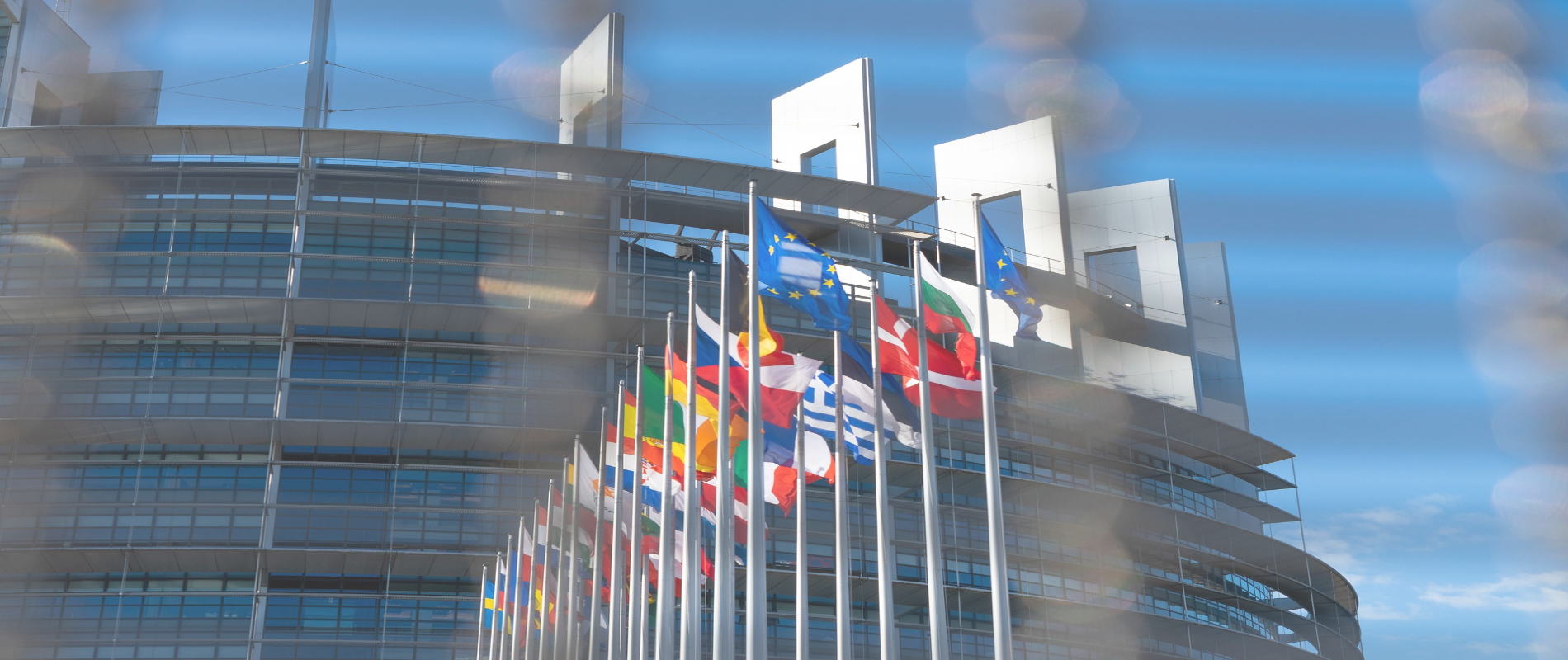The Intergroup on “Attracting Investment to ensure a competitive and sustainable EU” aims to promote an overview on the multifaceted dimensions of investments and of the EU competitiveness agenda, over the legislature 2024-2029.
As outlined in the Draghi report, we are currently in a time of both immense opportunity and challenges for Europe. The EU needs to help its companies maintain leadership. Indeed, Europe’s growth potential needs to be reinforced with investments. There are particularly large unsatisfied needs as regards the financing of innovative businesses, infrastructures and the transition towards a sustainable economy and industry. Furthermore, global competition is encouraging the EU to adapt to new changes and reconsider past decisions, particularly by implementing a smart and forward-looking policy framework that addresses current geopolitical and economic challenges. The Intergroup should play a key role in two interconnected areas: public and private investments. The time to act is now, and Europe’s financial and industrial actors stand ready to play their part.
The activity of the Intergroup is to organize events with the presence of Members of the Bureau, or the presence of Members of the Intergroup, interested Partners and depending on the events open to public.
To make it happen, the Intergroup will focus on:
-
SMEs and mid-caps funding. These actors are a true engine of economic prosperity and growth, representing around two thirds of employment and nearly 60% of value added in the EU, and playing a key role in innovation and R&D. Nonetheless, they are facing significant difficulties in accessing investments ;
-
Sustainable economic infrastructures for transport, energy and communication. They care an important part of the European economy and are, in the same way as innovation, of its competitiveness and long-term growth. They are also of major structural importance for society in the long run;
-
Social infrastructures will be a crucial challenge for the next few decades: investments in training and education, health, age-appropriate living and other social infrastructures.
-
Development of the Savings and Investments Union to enhance the efficient mobilisation, de-risking and allocation of European and international private investments for the prosperity of the EU;
-
EU research & innovation funding, which will be a crucial determinant of the EU’s competitiveness over the coming years;
-
Innovation-led transformation of European industry. Across all parts of industry, there remains enormous untapped potential – both for individual companies and for Europe’s economy as a whole – if the innovation-led transformation now underway can be broadened and accelerated. With the right policies in place, Europe’s companies will continue to lead this transformation both within their own sectors and as enablers across all other industries;
-
European industry’s long-term global competitiveness. The EU should provide the required framework conditions to relaunch competitiveness of Europe’s companies. Abroad, it should continue to open up markets for European products and services upholding a level playing field on a global level;
-
Societal challenges as future drivers of prosperity. European companies are leaders in providing solutions to challenges. With the right policies in place , Europe can ensure that societal challenges are transformed into a source of competitiveness, growth and prosperity both at home and worldwide;
-
Unleash the potential of the European Single Market. The Single Market has repeatedly been recognised as a driver for the competitiveness of Europe’s industry. However, significant potential of the Single Market remains untapped. Completion of the Single Market across all fields of the European economy is a sine qua non for European competitiveness.
